Definitely math! I’ve always liked doing calculations and solving problems which is why I was one of the best in math at school. Besides math, I also liked all other subjects that were more analytical. Here, the answer’s either right or wrong, with success guaranteed if you have the right answer at the end. I therefore realized early on that after school I’d like to do a job where I can put my mathematical skills to good use.
Back then I found out about KHS on the Internet. As I’m interested in technology, I found this branch of industry very exciting and seized the opportunity to apply as soon as I’d finished school. As a KHS trainee you also have a good chance of being hired at the end of your apprenticeship, something that also had me convinced.
I found the start to my apprenticeship especially good. I had a very exciting onboarding period that included various informative events plus a trip to get to know people. This is where I made first contact with other trainees which made me feel at home pretty quickly. Another definite plus point is the friendly team – and the helpful trainers who are always there to lend you support.
“I can make good use of my manual skills and mathematical talents here.”
I always knew that after finishing school I wanted to do a job that requires manual skill. Both my father and grandfather were machining mechanics, which is why I did my school internship at a company that works in exactly this sector. I really enjoyed it, so I applied for an apprenticeship as a machining mechanic at KHS. Milling, machine cutting and machine programming are now among my day-to-day activities. I need lots of manual skill in my apprenticeship and can also make good use of my mathematical talents when calculating dimensions, reading technical drawings and working with angles.
In general, in our department we’re responsible for making the parts we use in our large filling and packaging machines. Here, I work with turning lathes or milling machines that can be operated manually or programmed. We thus learn both during our apprenticeship: the conventional methods and CNC programming.
With conventional milling I start by looking for a suitable milling tool that’s first referenced to zero. When clamping it into the vise, I have to make sure that the tension is correct. This is particularly important as parts can no longer be used if the tension is too tight. I then start milling. I also work with the drill and the lathe.
I work with metal almost every day which we mill or cut with the help of big machines. We sometimes also make plastic parts. Here, it’s important to wear suitable protective clothing such as tight-fitting clothes or safety goggles to ensure our safety in the workplace. This protects us from flying sparks and metal splinters and prevents clothes from being caught up in the machine.
The main reason I’d recommend this apprenticeship is because it’s fun! If you like math and have good manual skills, then this could be the right job for you. Part manufacture is also a very important part of the work process. By making small parts we help to create complex production lines all over the world.
I’m now a permanent member of the voluntary fire department. Four years ago I started out in the junior fire department; this has now become my favorite pastime outside work. I’m often faced with new challenges which has a positive effect on my ability to cope with stress. The best thing about being a fireman, however, is the feeling that I can help other people.
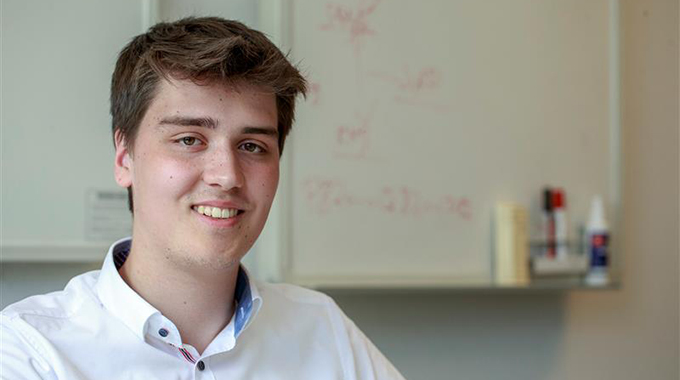
“What I especially liked about KHS was the fact that it’s such a large company with a top position in its branch of industry.”
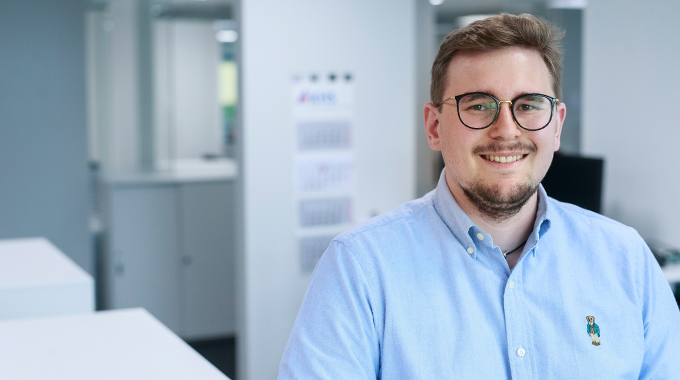
“As a dual work-study student you’re integrated into the company processes really quickly.”

“The insights you have into all departments allow you to build up your knowledge very quickly.”
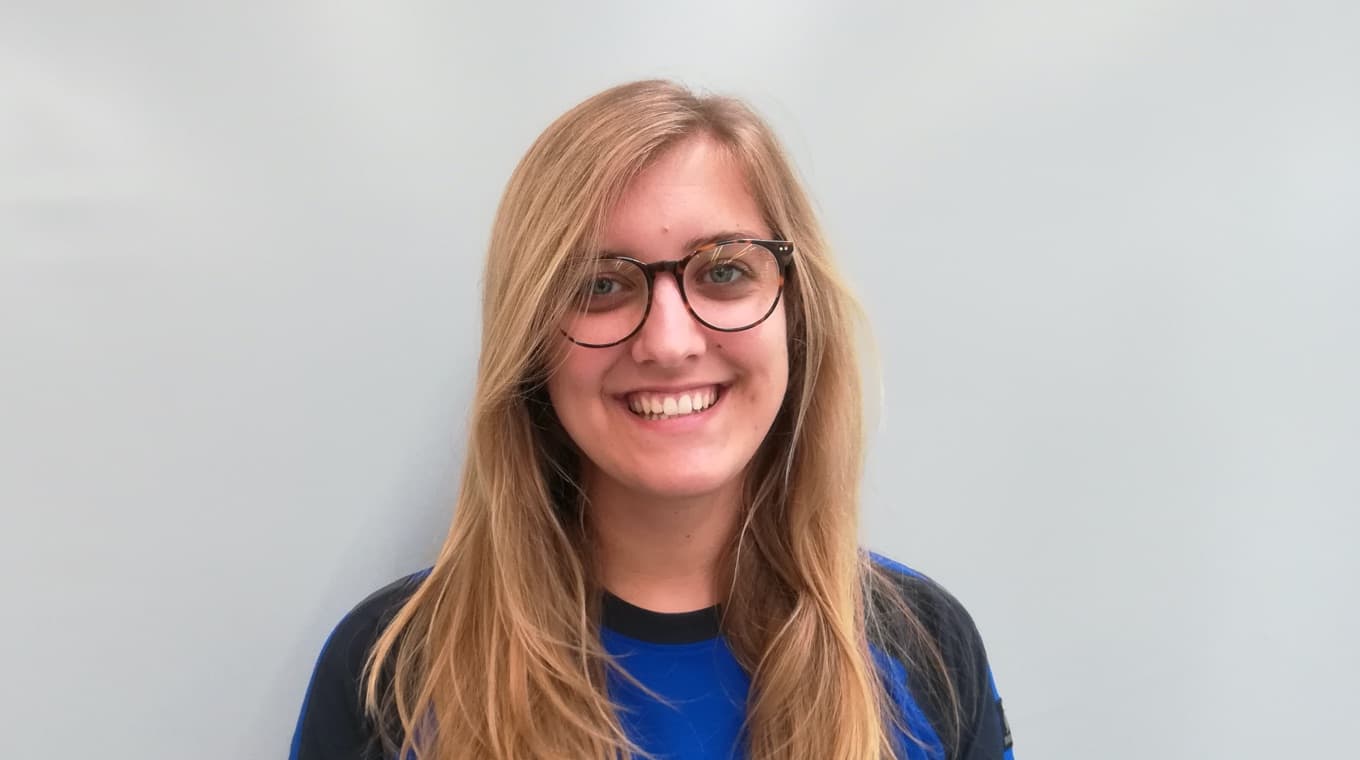
“The dual work-study program is all about gaining work experience early on in your career and having quick practical reference to the theory. This was important to me.”
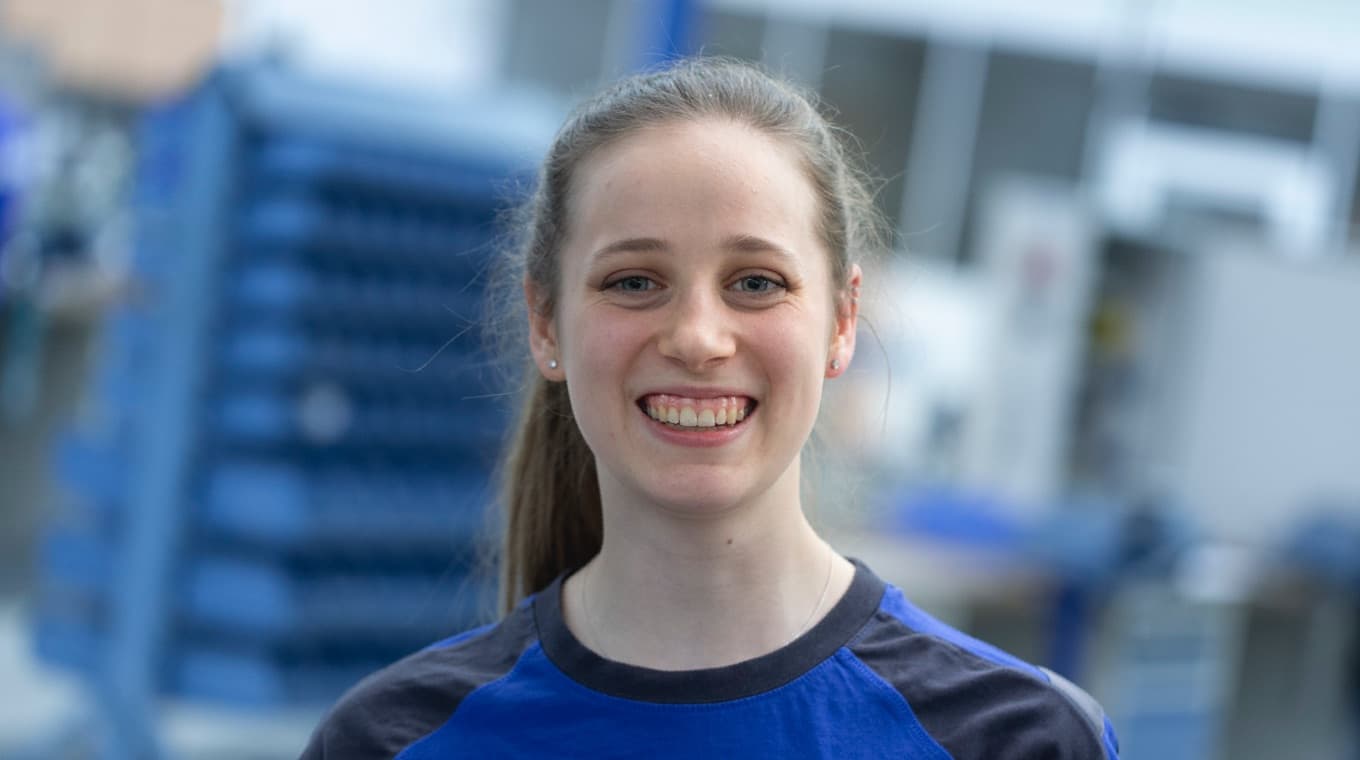
“As a mechatronics engineer you have good future prospects and in time can specialize in a certain field.”
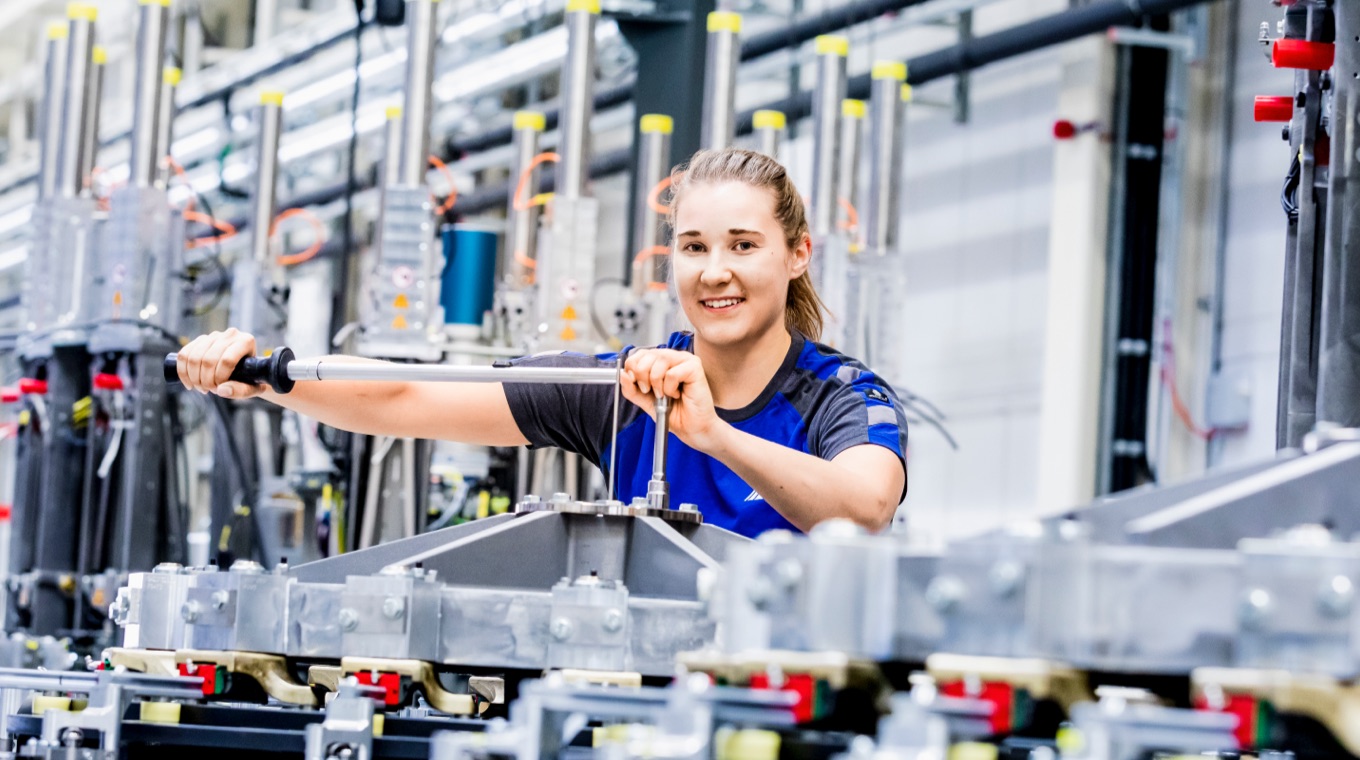
“What I particularly liked about my training course was that you’re free to develop your skills at KHS.”
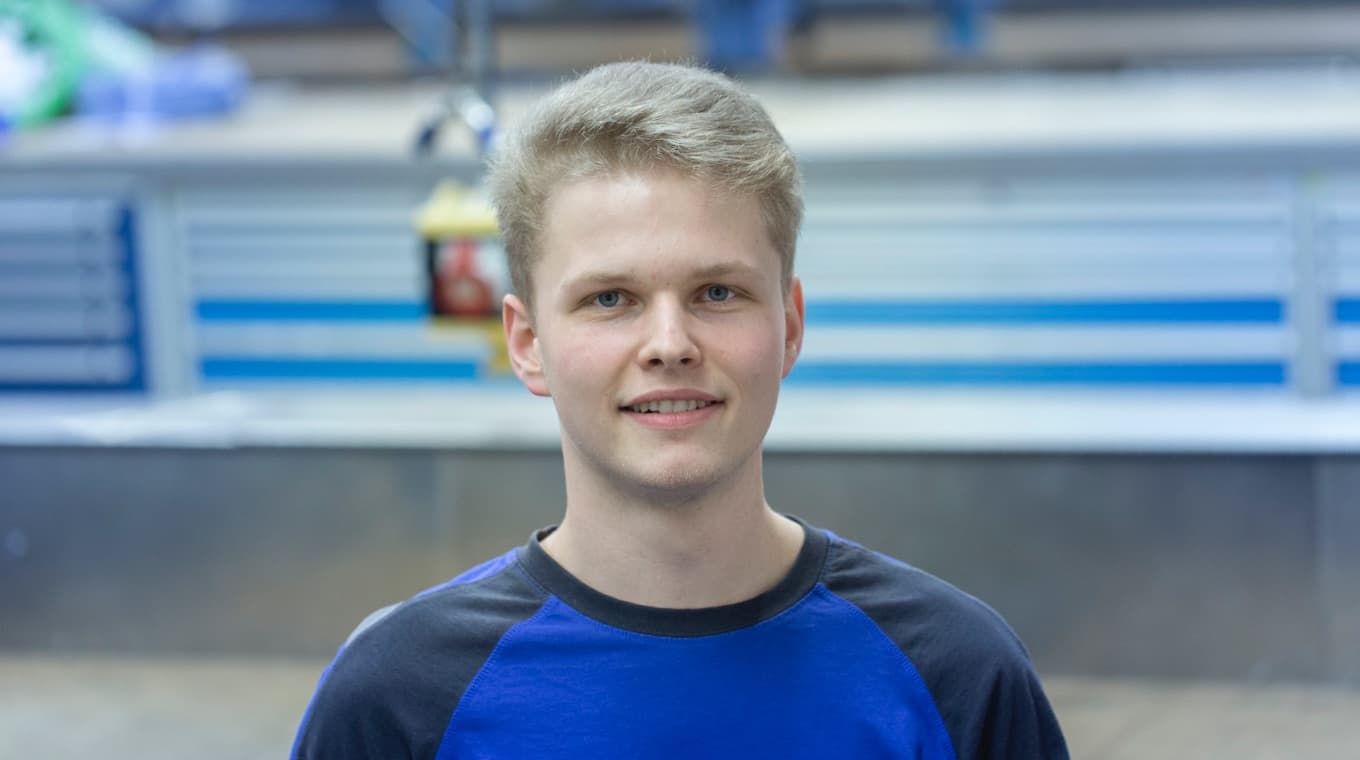
“Even as a little boy I always tried to repair everything myself – and was usually successful.”